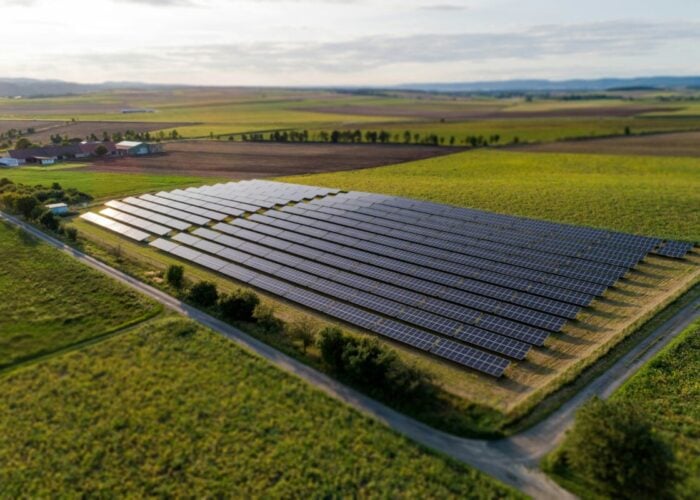The Small-scale Renewable Energy Scheme (SRES), Australia’s rooftop PV incentive, has negligible impact on household power bills, according to analysis published ahead of a review of the country’s renewable energy target (RET).
The SRES forms one half of Australia’s RET, which is currently the subject of a review called by the country’s new climate change sceptic prime minister, Tony Abbott, in response to claims the target is increasing energy bills.
Try Premium for just $1
- Full premium access for the first month at only $1
- Converts to an annual rate after 30 days unless cancelled
- Cancel anytime during the trial period
Premium Benefits
- Expert industry analysis and interviews
- Digital access to PV Tech Power journal
- Exclusive event discounts
Or get the full Premium subscription right away
Or continue reading this article for free
But according to analysis published this week by the REC Agents Association (RAA), a representative body for companies trading in renewable energy certificates, the SRES has “zero net cost impact” on household power bills.
“This analysis destroys the myth that the renewable energy target is a major driver of soaring power bills,” said Ric Brazzale, president of RAA. “The Renewable Energy Target is low cost and high achieving. It must be maintained to finish its job.”
Based on Australian Energy Market commission data, the RAA claims the cost of the RET that gets passed on to customers is just 1.12c per kilowatt hour – only 4% of the average residential electricity bill.
Within that, the cost of the SRES amounts to just 2% of an average bill, a figure that is expected to halve over the next two years.
And according to the RAA study, the reduction in wholesale electricity prices delivered by the SRES cancels out any related cost increases passed on to customers.
“RAA’s analysis shows regulated transmission and distribution cost has been the biggest driver of rising power prices to date and is expected to be the major contributor to rising power prices in the future,” said Brazzale.
Fiona Hehir, vice president of RAA, added: “The Small-scale Renewable Energy Scheme deserves a gold medal. It has helped five million Australians cut their power bills by installing solar and has created 15,000 jobs and will do so at zero cost to households or the Federal Budget. That is an extraordinary achievement.”
Earlier this week, the Abbott government announced terms of reference for a review of the RET. One of the areas it will investigate is how the target impacts on electricity prices following claims by utility companies that it is responsible for escalating energy bills.
The review panel is to be headed by Dick Warburton, an Australian industrialist who has publicly voiced his climate scepticism in past interviews.
The RET aims to meet 20% of the country’s energy needs from renewable sources by 2020, but there are fears the review could significantly water this down and open the doors to new coal-fired generation.






